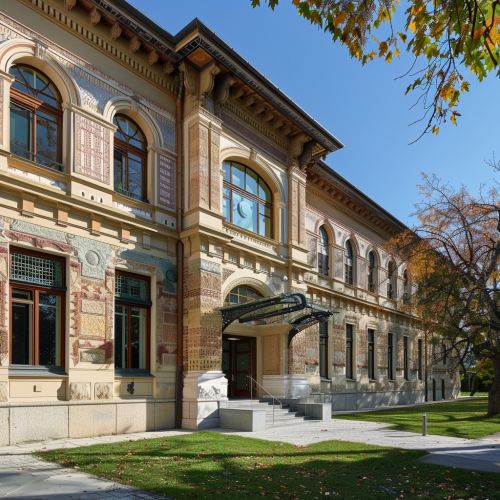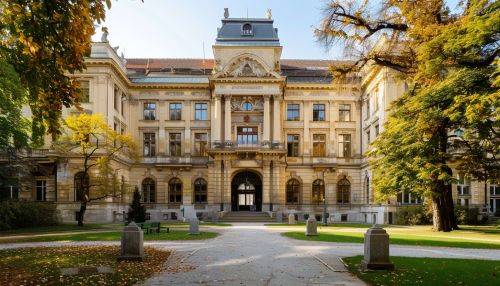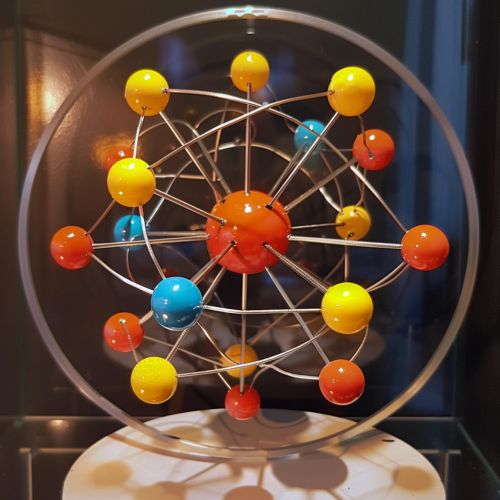Arnold Sommerfeld
Early Life and Education
Arnold Johannes Wilhelm Sommerfeld was born on December 5, 1868, in Königsberg, East Prussia, which is now known as Kaliningrad. He was the son of a physician. Sommerfeld studied at the Albertina University in his hometown, where he received his Ph.D. in 1891 under the supervision of Ferdinand von Lindemann.


Career and Contributions to Physics
Sommerfeld began his career as a mathematician before transitioning into theoretical physics. He worked as a Privatdozent (private lecturer) at the Albertina University until 1897 when he accepted a position as an associate professor of mathematics at the Technical University of Clausthal. In 1900, he moved to the Technical University of Aachen where he became the chair of applied mechanics.
During his time at Aachen, Sommerfeld made significant contributions to the field of theoretical physics, particularly in the areas of quantum mechanics, wave mechanics, and atomic structure. He developed the Sommerfeld atomic model, which expanded on the Bohr model by including elliptical orbits and relativistic corrections.
In 1906, Sommerfeld moved to the University of Munich where he succeeded Ludwig Boltzmann as the chair of theoretical physics, a position he held until his retirement in 1935. At Munich, he continued his work on atomic theory and quantum mechanics, and his research group became a hub for many notable physicists, including Werner Heisenberg, Wolfgang Pauli, and Hans Bethe.
Sommerfeld also made significant contributions to the understanding of X-ray spectra, the theory of metals, and the propagation of electromagnetic waves. His work on wave mechanics included the introduction of the Sommerfeld-Wilson quantization rules and the concept of fine structure in atomic spectra.
Legacy and Honors
Despite being nominated for the Nobel Prize in Physics 81 times, more than any other physicist, Sommerfeld never won the award. However, his contributions to theoretical physics have been widely recognized and appreciated. He received the Lorentz Medal in 1930 and the Oersted Medal in 1931.
Many of Sommerfeld's students went on to become prominent physicists and several of them won the Nobel Prize. His teaching style and dedication to his students have been highly praised. The Arnold Sommerfeld Society for Physics was established in his honor.
Sommerfeld died on April 26, 1951, in Munich, Germany. His scientific legacy continues to influence the field of theoretical physics.


